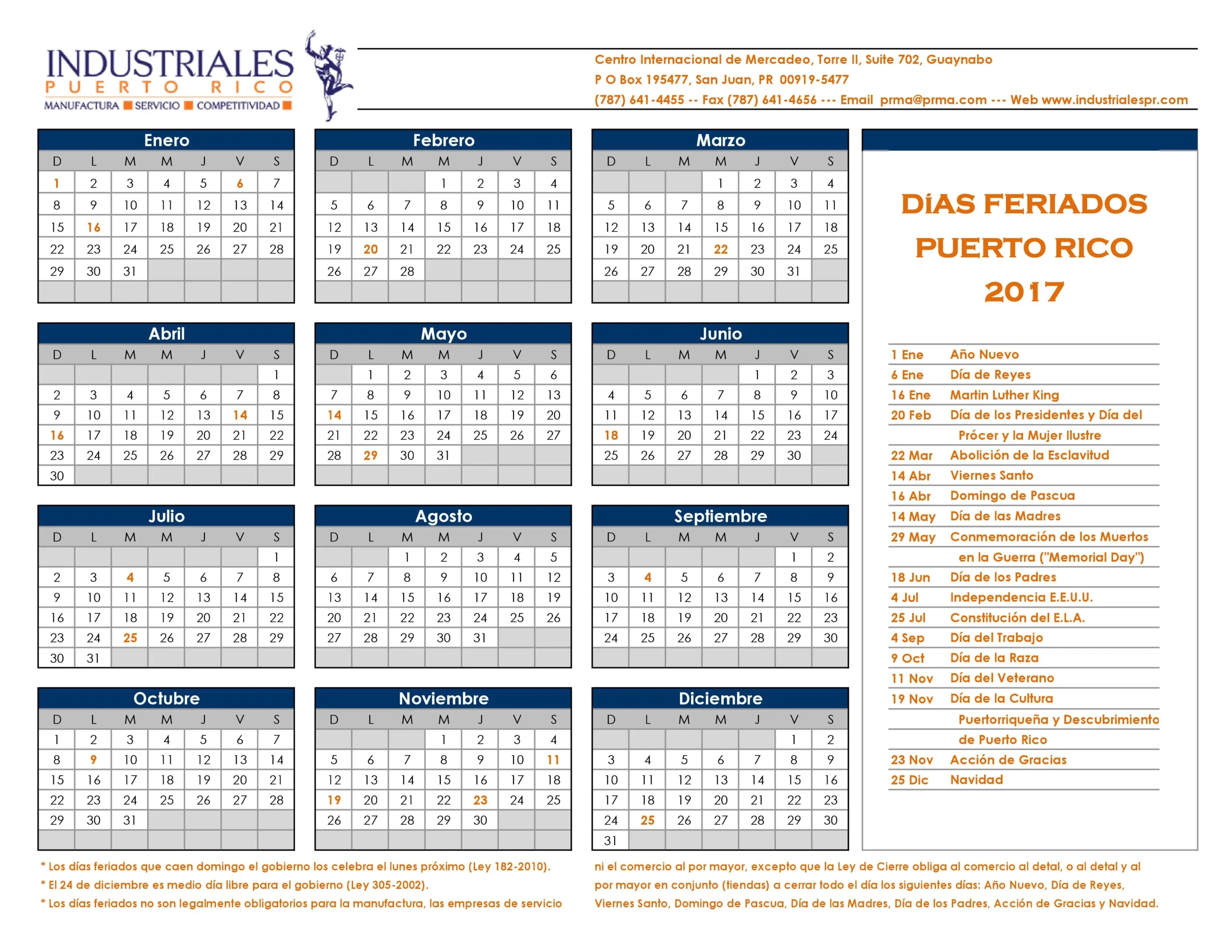Why Can’t Puerto Rico Vote for President? The Ongoing Fight for Electoral Rights
Puerto Rico, a vibrant island in the Caribbean, is home to over 3 million U.S. citizens who are denied the right to vote in presidential elections. This situation raises critical questions about Puerto Rico voting rights and the broader implications of electoral representation for U.S. territories. Despite being U.S. citizens since 1917, Puerto Ricans find themselves in a unique and complex political status that excludes them from participating in one of the most fundamental democratic processes: voting for their president.
Who is Affected?
The disenfranchisement of Puerto Ricans in presidential elections affects millions of citizens. While they can participate in local elections and even vote in presidential primaries, the absence of a vote in the general election leaves them feeling marginalized. This exclusion is particularly poignant given that Puerto Ricans have served in the U.S. military and contributed to the nation in various capacities, yet their voices remain unheard in the electoral process.
What is the Political Status of Puerto Rico?
Puerto Rico is classified as an unincorporated territory of the United States. This classification means that the U.S. Constitution does not apply uniformly to its residents, leading to significant disparities in voting rights compared to citizens in the 50 states. The Electoral College, which is responsible for electing the president, only includes electors from states, thereby excluding Puerto Rico from this critical aspect of the electoral process.
When Did This Exclusion Begin?
The roots of Puerto Rico’s political status can be traced back to the Insular Cases, a series of Supreme Court decisions beginning in 1901. These rulings established that the Constitution does not fully apply to U.S. territories, reinforcing Puerto Rico’s lack of voting rights and representation in Congress. The Insular Cases have had lasting implications, shaping the legal landscape that governs Puerto Rico’s relationship with the federal government.
Where Do Legal Challenges Stand?
Over the years, numerous legal challenges have been made to grant voting rights to Puerto Ricans. However, these efforts have consistently been rejected by courts, including significant rulings from the U.S. Court of Appeals. The legal landscape remains challenging, as the courts have upheld the status quo, leaving Puerto Ricans without a clear path to voting in presidential elections.
Why is Public Sentiment Important?
Public sentiment in Puerto Rico is increasingly vocal about the need for full voting rights and statehood. Activism has surged, with many Puerto Ricans expressing frustration over their disenfranchisement. This movement reflects a broader desire for equality and representation, as residents seek to have their voices heard in the political arena.
How Does Migration Impact Voting Rights?
The migration of Puerto Ricans to the mainland U.S. has significant implications for electoral representation. Many Puerto Ricans have relocated to states like Pennsylvania and Florida, where they can vote and influence elections. This migration not only affects local politics but also highlights the disparities faced by those who remain on the island, as they continue to be excluded from presidential elections.
Recent Developments in Puerto Rico’s Political Status
Recent discussions about Puerto Rico’s political status have included proposals for statehood or independence. Non-binding referendums have indicated a preference for statehood among voters, reflecting a desire for greater political representation and voting rights. However, the path to statehood remains fraught with challenges, as Congress has yet to take definitive action on the matter.
Comparative Analysis with Other U.S. Territories
Puerto Rico is not alone in its struggle for voting rights. Other U.S. territories, such as Guam and the U.S. Virgin Islands, also lack presidential voting rights. This raises important questions about equity among U.S. citizens living in territories and the need for a comprehensive review of voting rights across all territories.
Conclusion
The ongoing fight for electoral representation in Puerto Rico underscores the complexities of U.S. citizenship and the rights that accompany it. As Puerto Ricans continue to advocate for their voting rights, the conversation around their political status remains critical. The exclusion of Puerto Rico from presidential elections is not just a local issue; it is a matter of national significance that calls for a reevaluation of how the U.S. treats its territories. The quest for equality and representation is far from over, and the voices of Puerto Ricans will continue to resonate in the fight for their rightful place in the democratic process.






Leave a Comment